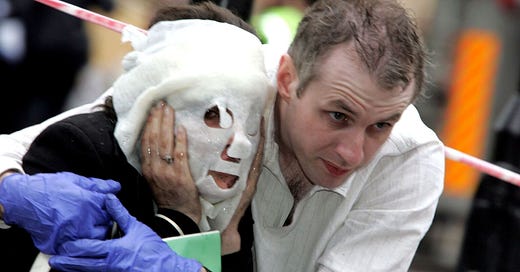London 7/7: the atrocity we don’t talk about
Twenty years on, we have still failed to reckon with the threat posed by homegrown Islamist extremism.
Despite the scale of the atrocity visited upon London there has long been an awkwardness around the remembrance of 7/7. It has not been forgotten exactly. Prince Charles opened a memorial in Hyde Park in 2009, featuring 52 stainless steel columns to mark each of the bombers’ victims. And there has been a slew of insightful documentaries to mark the 20th anniversary this year on the BBC, Netflix and Sky. But 7/7 has never been invested with anywhere near the same cultural and political significance in Britain that 9/11 has for the US.
Why did a group of Brits, three of whom were born here, want to massacre their fellow citizens? It’s the question that still hangs over 7/7. The question that remains stubbornly unanswered, preventing the significance of what happened two decades ago from being truly grasped. This is despite Islamist extremism, much of it home grown, remaining by far the largest source of lethal terrorist violence.




